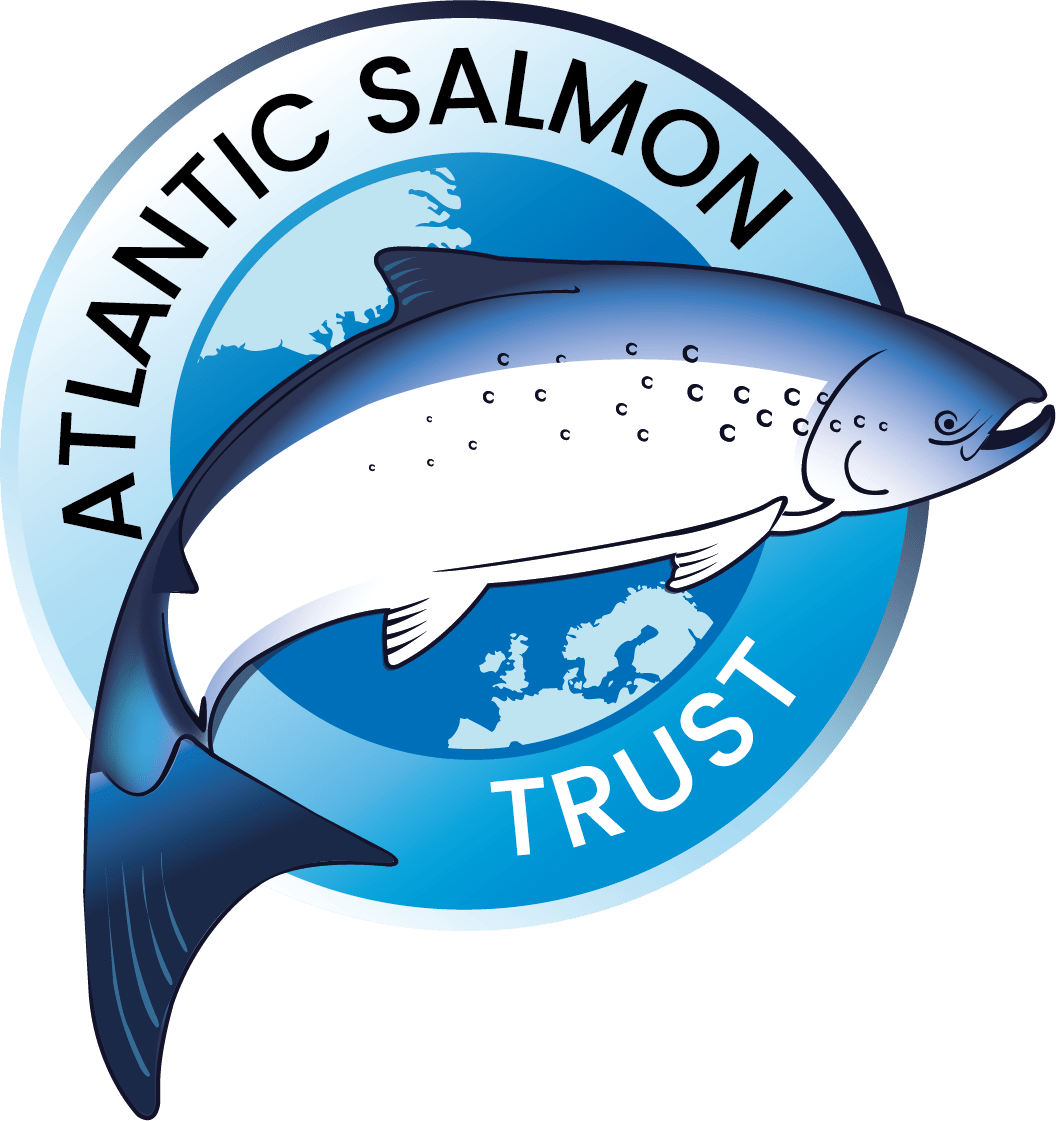Atlantic salmon are our largest freshwater fish, growing to 1.6 m in length. They breed in freshwater but spend most of their lives feeding at sea, returning at maturity to spawn in the river of their birth.
The Atlantic salmon has long been one of the icons of Scotland’s rivers, but population numbers have rapidly declined. In the latest species reassessment by the IUCN Red List of Threatened Species, Atlantic salmon have been reclassified from ‘Least Concern’ to ‘Endangered’ in Great Britain (as a result of a 30-50% decline in British populations since 2006 and 50-80% projected between 2010-2025), and from ‘Least Concern’ to ‘Near Threatened’ in terms of global populations (as a result of global populations declines of 23% since 2006).
Atlantic salmon are a UK Biodiversity Action Plan priority species and there are seventeen Special Areas of Conservation for Atlantic salmon in Scotland.The proposed river gradings for 2025 show a continued decline of wild Atlantic salmon populations in Scotland and 143 out of 173 river populations are in less than ‘good’ status.
Other biodiversity features, such as freshwater pearl mussels, depend on populations of Atlantic salmon and trout for their survival. Both wild Atlantic salmon and sea trout are Priority Marine Features (PMFs).
Action Needed
- Support the positive delivery of the Scottish Wild Salmon Strategy and Implementation Plan 2023-2028.
- Support measures to reduce the impact of aquaculture on wild salmon as outlined in the Vision for Sustainable Aquaculture, in particular actions to ensure salmon are adequately protected in a reformed regulatory framework.
- Support measures to reconnect Atlantic salmon to their natal spawning places through the removal of barriers to migration and efforts to increase the length of free-flowing rivers across Scotland.
- Support efforts to ensure that there is cold, clean water across all river catchments in Scotland, including through the reduction of nutrient loading from water and agriculture and actions to mitigate rising temperatures due to climate change.
- Support action to immediately suspend water abstraction when water courses reach critically low levels.
- Support the delivery of The River Basin Management Plan for Scotland 2021-2027.
- Support the introduction of the Natural Environment Bill and legally binding nature recovery targets.
Threats
Key pressures have been outlined in the Scottish Wild Salmon Strategy and include barriers to migration, habitat loss along rivers, exploitation, predation, diseases and parasites (such as sea lice), pollution, water quality and quantity and rising river temperatures.
MSP Nature Champion

Edward Mountain
Member for: Highlands and Islands
Region: Highlands and Islands
Party: Scottish Conservative & Unionist Party



